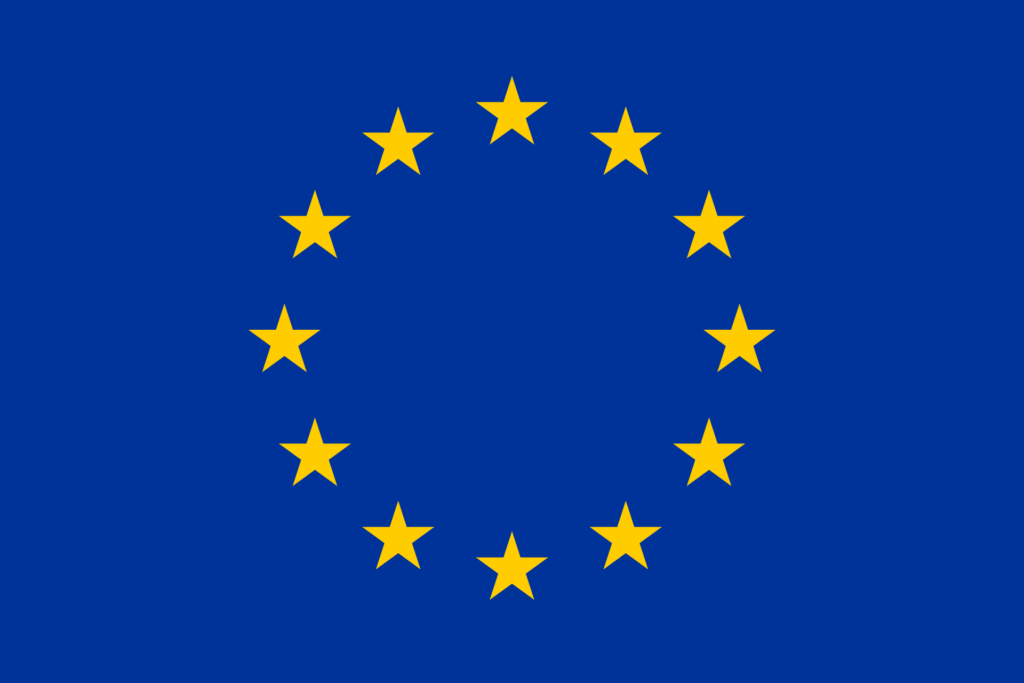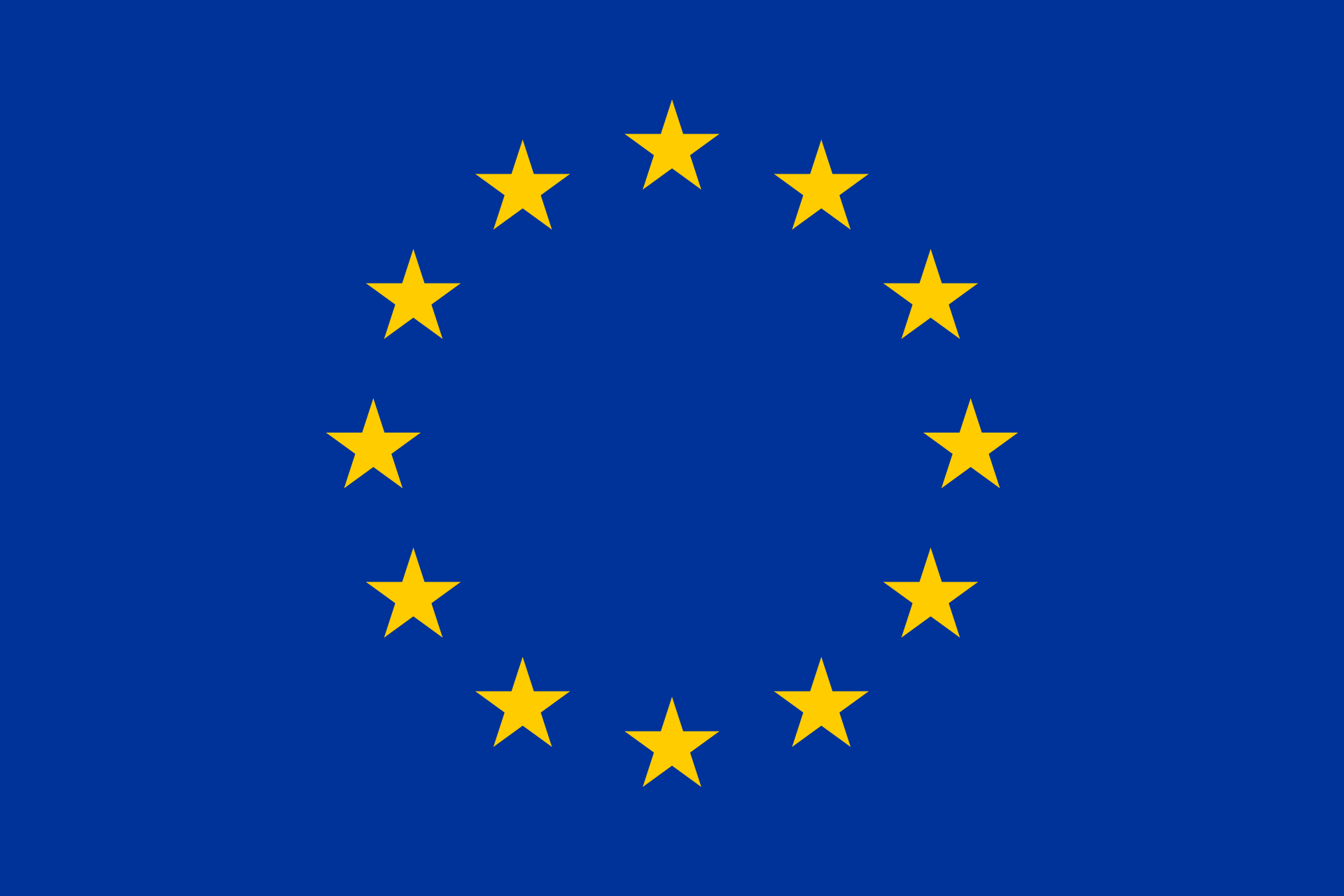
Leaving the European Union: The United Kingdom leaves the European Union at 11pm on 31 December 2020 when the transitional period ends. It is still unclear whether a trade deal will have been agreed with the EU by that date, and such an agreement is looking increasingly unlikely. HMRC have started writing to businesses alerting them to important changes from 1 January 2021 and suggesting that they have new procedures in place if they wish to trade with the EU from that date.
In particular, businesses will need to submit declarations when importing and exporting goods that are categorised as ‘controlled’. Import processes for non-controlled goods will be phased in over a 6 month period. ‘Controlled’ goods include alcohol, explosives and certain drugs.
OBTAIN AN EORI NUMBER
If you have been trading internationally you should already have an Economic Operator Registration and Identification (EORI) number. You will need this to complete customs declarations. If you do not yet have one, you can register for free by going to www.gov.uk/eori
Businesses need to decide how they are going to make customs declarations. Customs agents, freight forwarders and express operators can help with declarations and ensure the business is providing the necessary information.
IMPORTS OF GOODS SUBJECT TO STAGED CONTROLS
Most traders with a good compliance record will be able to defer import declarations on most goods for up to 6 months after 1 January 2021 depending on the nature of the goods.
KEY VAT ISSUES AT THE BORDER
Businesses will need to decide how they will account for import VAT when they make a customs declaration. From 1 January 2021, businesses will be able to use postponed VAT accounting to account for import VAT on their VAT Return for goods imported from anywhere in the world.
They will also need to check if Import VAT is due at the border. Import VAT will not be due at the border if goods in a consignment do not exceed £135 in value. The only exceptions will be excise goods and gifts.
WHAT TARIFFS APPLY FROM 1 JANUARY?
From 1 January 2021, there will be new rates of Customs Duty for imports – called the UK Global Tariff.
The Tariff rates for transactions with the EU will depend upon whether or not a deal is reached. For example, if there is no deal with the EU the Tariff on motor cars will be 10% so many car dealers are suggesting that business should consider acquiring a new vehicle before 1 January. To check the tariffs that will apply to goods you import, go to www.gov.uk/guidance/uk-tariffs-from-1-january-2021
Need more information?
Do you need help with changes made by leaving the European Union? We offer a wide range of services for global businesses. Our team of chartered accountants have a wealth of experience in a broad range of sectors, from construction and property to the charity sector. Our team work hard to ensure they create smart and effective tax-efficient solutions for start-ups to optimise growth and help them succeed. If you want to learn more about how the team can help or simply want some start-up advice from a trusted accountant do hesitate to contact us. For more information please do hesitate to contact us on 0161 962 1855. Alternatively you can email us using the form below and we will contact you as soon as possible.
Our fantastic team at A&C Chartered Accountants are here to help.










